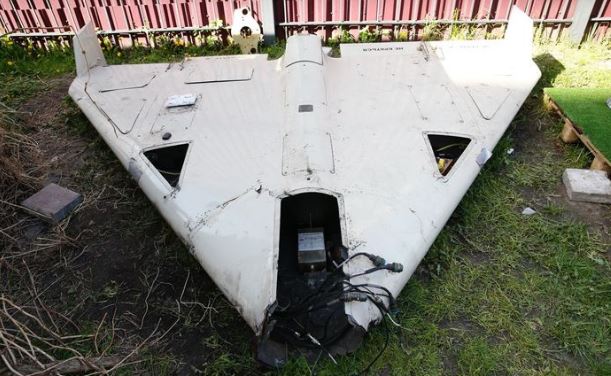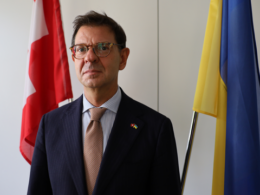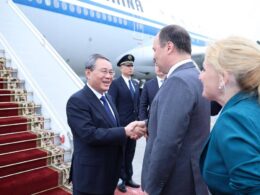Russia is once again playing on fear, threatening the West with a new escalation of war in response to its support for Ukraine. Dmitry Medvedev, Deputy Chairman of Russia’s Security Council, has once again resorted to the language of blackmail: if peace talks with Ukraine and the West cannot be resumed on Moscow’s terms, the war may enter a new, far more dangerous phase.
While the Kremlin continues to issue threats of escalation and shows no genuine readiness for a ceasefire in Ukraine, US President Donald Trump has refrained from imposing any new sanctions on Moscow. Instead, he has repeatedly emphasized his intent to meet Russian President Vladimir Putin. Experts warn that Trump’s public statements and efforts to engage Putin reportedly rewarded Moscow after the failed Turkish peace talks, undermining Western pressure on Russia.
Medvedev, a former president of Russia, is known for his radical statements and is often regarded by experts as a mouthpiece for the Kremlin.
"All enemies of Russia that issue negotiating ultimatums should remember a simple thing: peace negotiations alone do not always lead to the end of hostilities," he emphasizes.
He also hints at the possible use of advanced weaponry and the involvement of new players in the war in Ukraine. It is currently known that Moscow is using weapons from China and Iran in its war against Kyiv. It is also bringing in migrants from Africa and troops from North Korea to the battlefield.
His statements clearly aim to intimidate the West with the prospect of uncontrolled escalation to force concessions.
Talks ended, threats began
Medvedev spoke shortly after Ukraine and its Western allies proposed an unconditional 30-day ceasefire starting 12 May. In the event of refusal, new sanctions were promised. Russia responded by continuing to kill Ukrainians, launching a record number of drones — 273 — in a massive attack on Kyiv Oblast.
The EU is currently preparing a new, 17th package of sanctions and is also developing an 18th. On 20 May, the bloc will vote on the sanctions after the Istanbul talks ended with Russia's threats of seizing more regions of Ukraine and losing more relatives in the war addressed to Serhii Kyslytsia, the permanent representative of Ukraine to the UN.
However, experts are uncertain whether even tougher sanctions will force the Kremlin to yield. Although Russia has already lost at least $150 billion due to the restrictions, its army remains combat-capable.
Feeding the war machine
At the same time, the Kremlin is evidently conserving its resources. A telling episode occurred recently in the Baltic Sea: when Estonia attempted to detain a Russian tanker sailing without a flag, a Russian fighter jet appeared above it.
"This is no longer just trade — it's the protection of infrastructure that feeds the war," officials in Kyiv explained.
Meanwhile, Moscow is preparing a summer offensive on three fronts in the coming months. The world must be ready: this new stage of the war is not just a threat.




